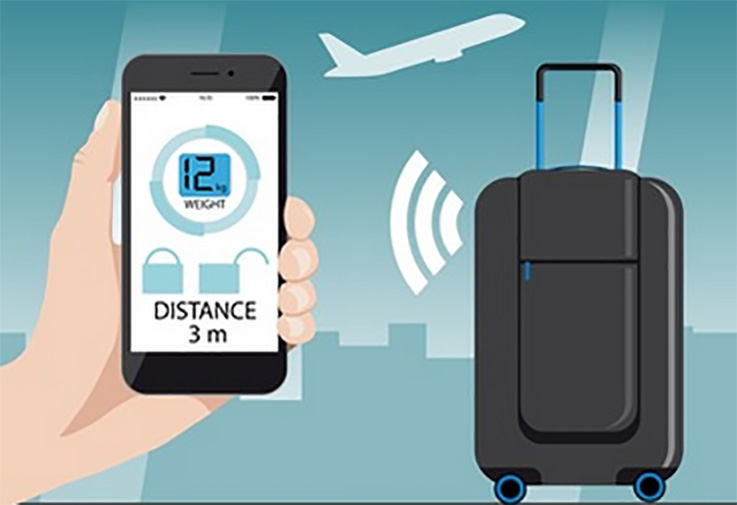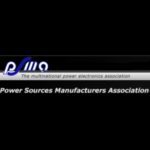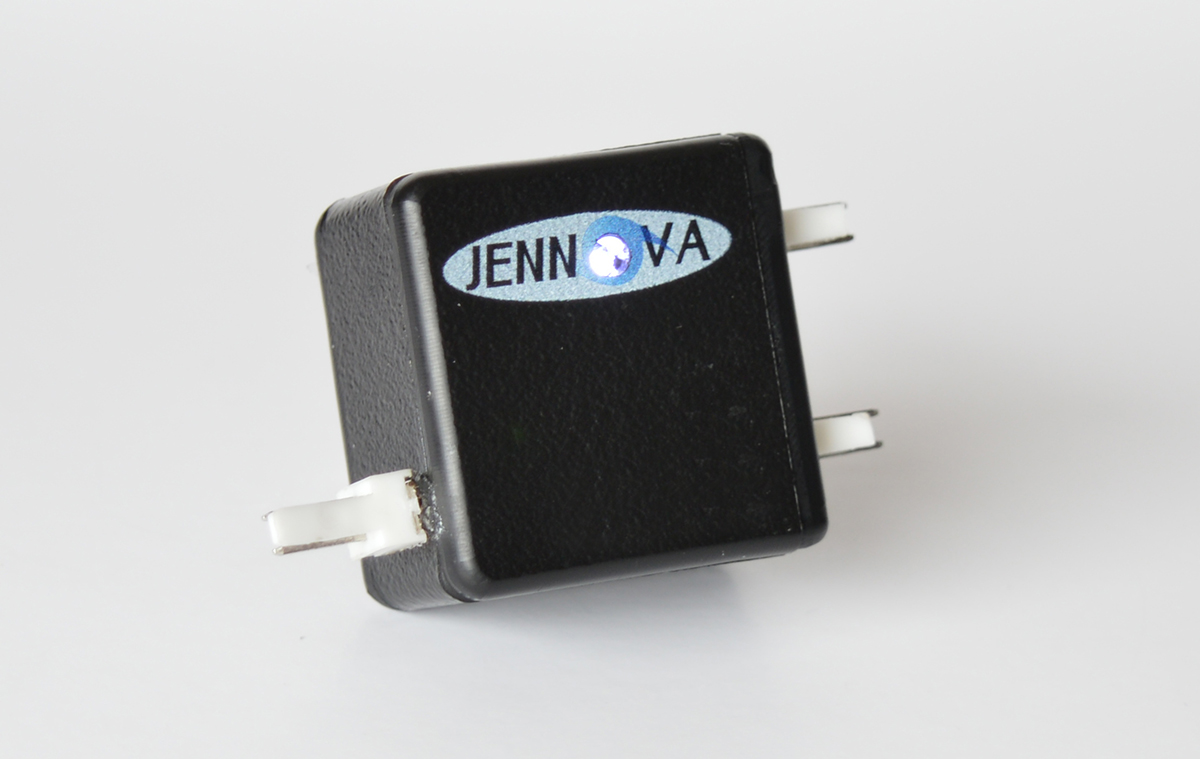Smart suitcases can be wirelessly tracked, they can weigh themselves, and their locks can be opened and closed by remote control. But all such luggage now depends on batteries, which run down and can also, in some cases, explode. The Face Companies of Norfolk, Virginia, announced today that they’ve solved the problem that’s been inhibiting the deployment of “smart suitcases” and they’re planning to bring this solution to market as EverTrack.
Face’s patented Evercell power cell is a lightweight, thin, permanent energy source that will allow smart suitcases to operate without batteries, in virtually any temperature environment above absolute zero (minus 460°F). Face will be bringing the power cell to market for this application through its EverTrack Luggage Technologies, LLC spinoff.
Evercell power cells are passive-structure, semiconductor-based thermal energy harvesters that exploit principles of quantum physics to produce a small, continuous flow of electric power in virtually any setting. They consume no fuel, have no moving parts, contain no toxic materials, and require no exposure to other stimuli, including motion, pressure, RF or electromagnetic energy.
They will eliminate the need for batteries in a broad array of low-power sensors, embedded circuits and wireless communicating devices, as was recognized at last month’s APEC Conference and Exposition.
One of the most exciting near-term applications of Evercell is the smart suitcase – which had been a rapidly expanding product line within the $30 billion luggage industry. In a report originally published last year, smart suitcase sales were expected to increase at an annual rate of more than 25% for the next five years.
But that was before airlines began banning the lithium batteries used by the industry, initially refusing to permit them in checked luggage and more recently in carry-on bags. A lithium battery recently exploded in the cargo hold of a Delta Airlines plane. Throughout their limited lives, all batteries derive their power through the reaction of often toxic chemicals and, in some cases, potentially explosive materials.
Using conventional batteries is not a satisfactory solution since their lifetime and performance are significantly reduced when they operate outside room temperature. So, the cold of an airliner’s cargo compartment – or a baggage cart on the tarmac in Detroit in January – is a problem. As is the heat at the Phoenix airport more than a hundred days per year, when tarmac temperatures exceed 100ºF in the shade.
Since the power cells are non-toxic and non-explosive and operate nonstop, they never need to be removed or changed. They can be integrated into a smart suitcase or other product at its manufacture and remain there for the lifetime of the tracked article.
“Beyond the troublesome safety issue, the baggage handling industry recognizes that even the highest technology standards now broadly employed – such as barcodes and RFIDs – are not a satisfactory solution for handling the billions of bags checked every year,” says Brad Face, CEO of The Face Companies. “The industry wants to employ more efficient tracking technology across all handled baggage – not just the high-end smart suitcases.”
“Only Evercell can support a battery-free wireless tracking system that does not require the scanning of each individual piece of baggage,” Mr. Face notes. “We call this Evercell-based tracking system EverTrack. We’ll use our trademark Lightning Bug™ in reference to discrete tracking devices that use EverTrack.”
First-generation Evercell™ power cells are expected to be on the market by late 2019 or 2020.






Leave a Reply